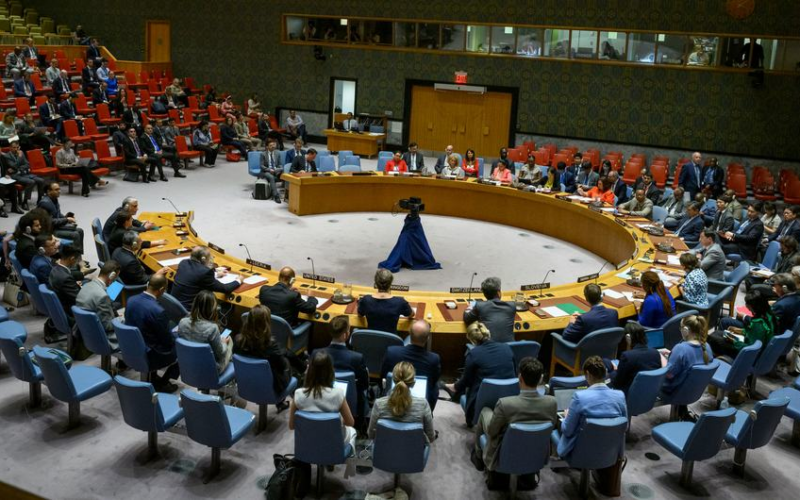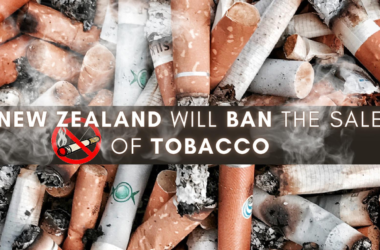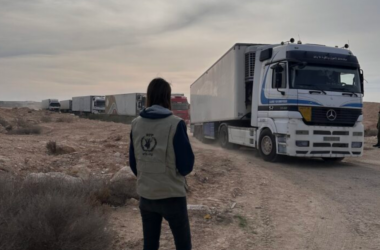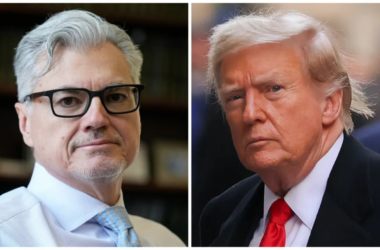In a critical meeting on Wednesday, the United Nations Security Council raised alarms about the escalating violence in the Middle East, urging stronger diplomatic efforts to prevent the conflict from spiraling out of control. The recent assassinations of two prominent militant leaders—Hamas leader Ismail Haniyeh in Tehran and Hezbollah’s top military commander in Beirut—have significantly heightened tensions, with fears that the Gaza conflict could ignite a broader regional war.
Ismail Haniyeh’s assassination in the Iranian capital, attributed to Israeli forces, was met with immediate outrage across the Middle East, with threats of retaliation against Israel. This incident came shortly after Israel targeted and killed Hezbollah’s senior military commander in Beirut, following a deadly rocket attack in the Israeli-occupied Golan Heights. These actions have provoked widespread condemnation and further destabilized the region.
China, Russia, Algeria, and several other nations denounced the killing of Haniyeh, with Iran’s UN ambassador labeling it an act of terrorism. These countries voiced concern over Israel’s aggressive actions, which they believe are pushing the region to the brink of a full-scale war. Fu Cong, China’s ambassador to the UN, emphasized that the failure to secure a ceasefire in Gaza is exacerbating the situation, calling on influential nations to intensify efforts to end the violence.
Britain’s UN Ambassador Barbara Woodward echoed the call for a ceasefire, urging both Israel and Hamas to return to peace negotiations aimed at establishing a two-state solution. However, the United States and its allies, while advocating for calm, pointed fingers at Iran, accusing it of supporting destabilizing actors in the region. This stance reflects the deep-seated divisions within the Security Council over the root causes of the conflict and the path to peace.
Iran’s UN Ambassador, Amir Saeid Iravani, defended his country’s position, stating that Tehran has shown maximum restraint in the face of provocations. He called on the Security Council to condemn Israel’s actions and impose sanctions, framing Israel’s strikes as unjustified aggression that further inflames the conflict.
Israel’s deputy representative to the UN, Jonathan Miller, responded by demanding international condemnation of Iran for its alleged support of terrorism, insisting that Israel will continue to defend itself against any threats. He urged the global community to stand with Israel against what he described as Iran’s dangerous influence in the region.
As tensions continue to mount, the Security Council faces a crucial test in its ability to foster dialogue and prevent further escalation in a region already marked by decades of conflict and suffering. The urgent calls for diplomacy underscore the international community’s recognition that without a concerted effort to address the underlying issues, the Middle East risks plunging into an even more devastating war.








